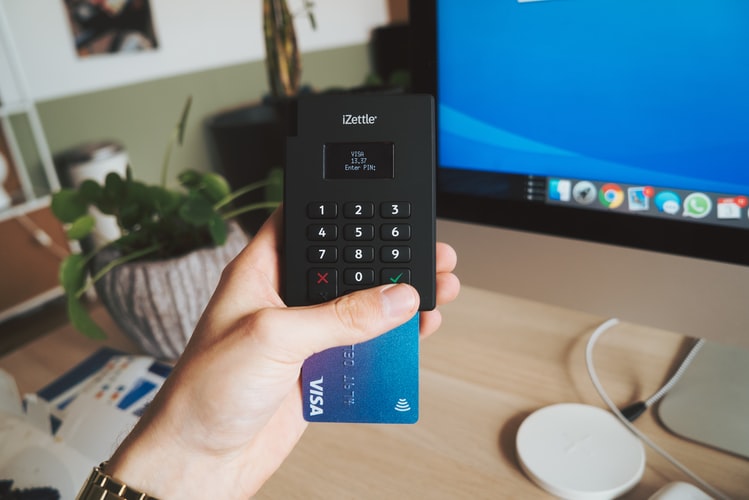Why is cybersecurity in banking important? Also, how does it work?
Read on to learn more.
The Need for Cybersecurity in Banking
For many years now, the banking sector has been under attack. Before, they only had to prevent physical theft.
But now, they are also at risk when it comes to cybersecurity. It can even leak customers’ private information.
So, cybersecurity for banks is something that they should take note of. But, why is there a great need now more than ever?
Today, most people go cashless. This means that transactions are going online.
When people shop in-store, they just scan their digital bank. By using physical credit scanners and more.
And when they buy online, they also connect their banks to the store. Now, activities are done through online checkout pages.
Yet in both situations, customers’ private information can be used for malicious deeds. It can even be transferred to other locations or persons.
So, the risk for breaches is increasing daily. Besides, it is the bank’s responsibility to protect customers’ information.
Otherwise, it harms the bank. They are also required to pay hundreds of thousands of dollars. Just to get back the information.
Worse, they lose their customers’ trust. And that means loss of customers, too. So in the end, they lose their sales.
But, that’s not the only thing. For the customers, they have to cancel all their cards. Then, start new accounts at other banks.
In the end, their private info is also at risk for scams and more. So, it’s a huge hassle on their part.
Now, what are the risks in online banking? Let’s find out.
Cybersecurity in Banking: Three Risks to Look Out
What we have talked about so far is just the tip of the iceberg. Some of the threats also include the following:
- Risks from mobile apps
- Breaches at third-party organizations
- Cryptocurrency hacks
Risks from mobile apps
As mentioned, more people use their bank accounts using mobile apps. But, there is a risk on that.
Most people have little to no security. So, they don’t really pay attention to strong security.
And that increases the potential of attacks. So, banks should prevent malicious activity.
Breaches at third-party organizations
Now, banks upgraded their cybersecurity. But, hackers also found a new way to hack.
For one, they gain access to shared systems and third-party networks. And if these aren’t secure, hackers can get through them.
Cryptocurrency hacks
Today, hacks are also prevalent in cryptocurrency. In fact, hackers can steal large amounts of money. Especially when it quickly jumps in value.
Unfortunately, the banking sector is still unsure of applying security in most of its software.
Cybersecurity in Banking: How to Fight Against Attacks
With all these threats, how can you protect yourself from these attacks? At the end of the day, you also have a share in security.
Here are some tips that can help:
- Update your firewall to block attacks.
- Install anti-virus and anti-malware apps.
- Apply a multi-factor authentication.
- Set biometrics, such as retina scans or thumbprints.
- Use automatic logout for inactivity.
- Learn more about cybersecurity.

